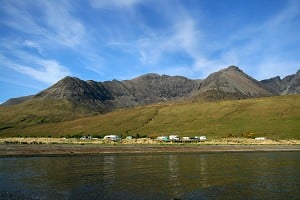In reply to omerta:
> I was watching Hard Grit last night for the first time, and realised that all of the soundbites from the featured biggies - Seb Grieve, John Dunne, Jerry Moffatt etc, - mentioned either
> 1 - confidence
> 2 - self-belief
> 3 - visualisation
> None of them mentioned campus boards or finger strengthening or technique. And that got me thinking; what do you actually train? Your mind or your body? Or both but in what ratio? Of course, self-belief and confidence is a natural by-product of getting physically better and stronger, but stuff like visualisation and mental rehearsal - does any of that feature in your training? If so, do you think it's helped and if not, why not?
Those guys of course train both; I imagine the reason why the mental stuff is mentioned more in the film is because it's more interesting.
Visualisation and mental rehearsal I'd say are very useful for some types of climbing but not others. When you've been on the route before (headpointing, redpointing, bouldering) it's very important to remember the sequences. Visualising yourself getting through the crux is a great way of summoning the necessary will power.
I'd say they're of very limited use in onsighting which benefits more from route reading and a go for it 'suck it and see' type attitude.
